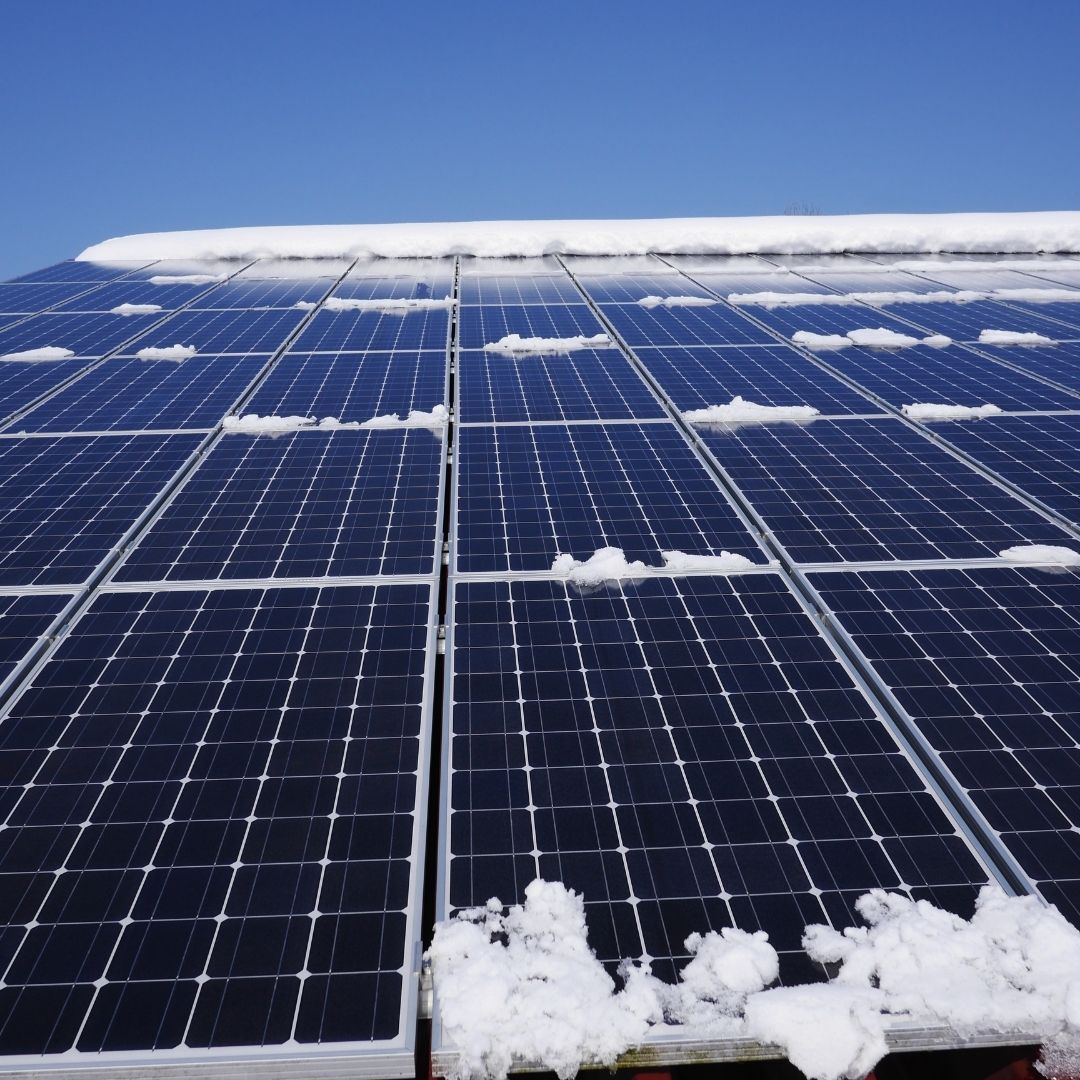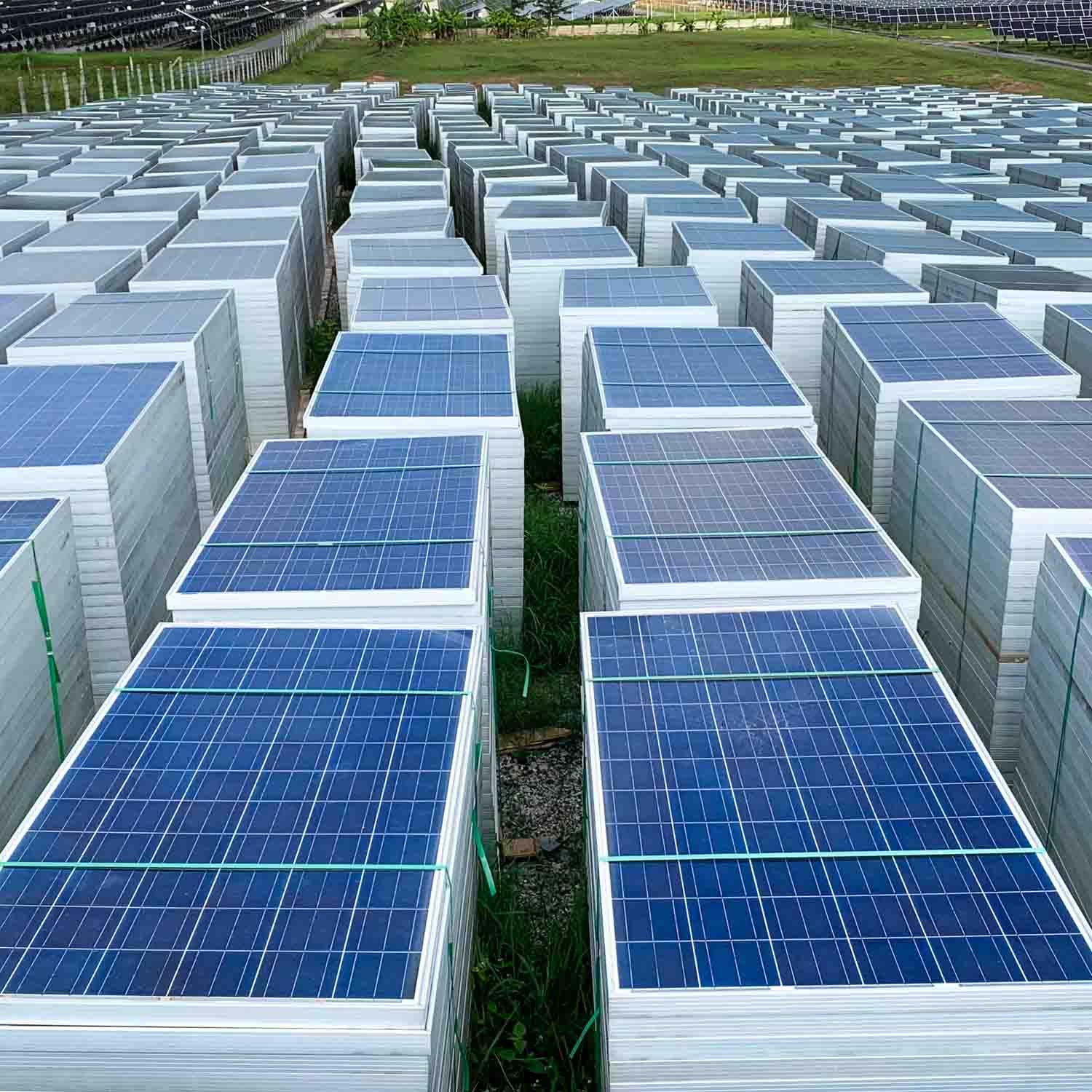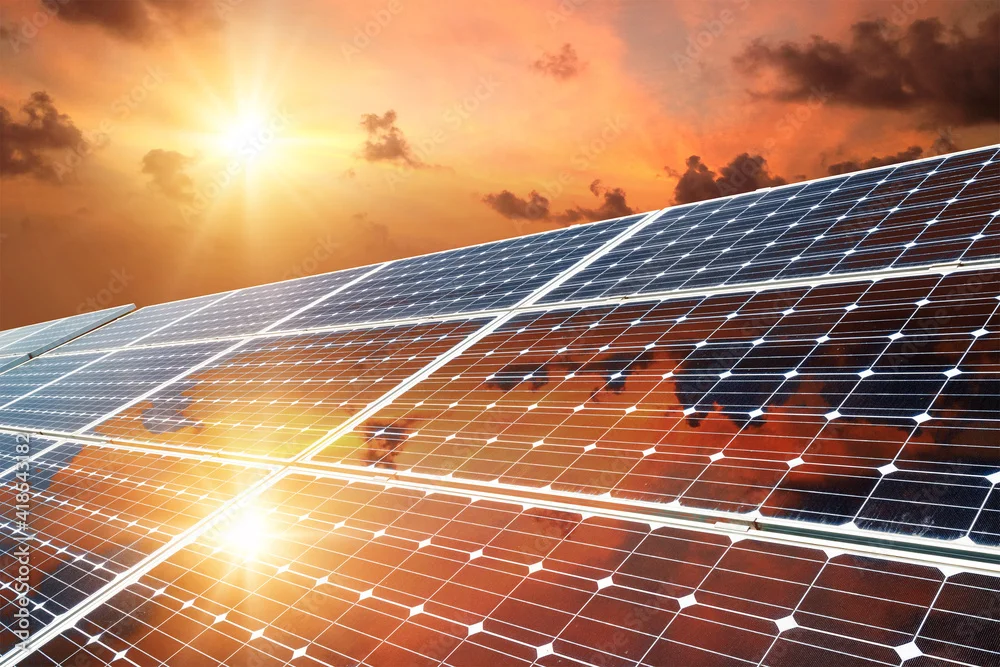The growing embrace of solar energy worldwide shines as a promising solution in our fight against climate change. However, with the boon comes a less talked about challenge – the recycling of solar panels. Efficiently managing used solar panels presents a challenge we can't ignore—it protects our environment and enables us to extract useful materials once more from spent technology. Join me as I unpack the latest game changers in the realm of solar panel reclamation—delving into technological leaps forward and casting an eye towards an environmentally conscious horizon powered by cleaner solutions.
Importance of Solar Panel Recycling
 Leading the way in clean energy, photovoltaic (PV) panels harness solar power and substantially decrease our carbon footprint. Nevertheless, the lifecycle of a solar panel, often spanning 25 to 30 years, culminates in a crucial question: What happens when they no longer function? Here we confront two pressing issues—the negative impacts these wastes have on our environment and the overlooked opportunities to recycle them for economic gain. The growing call for robust solar panel recycling methods cannot be ignored in today's eco-conscious climate.
Leading the way in clean energy, photovoltaic (PV) panels harness solar power and substantially decrease our carbon footprint. Nevertheless, the lifecycle of a solar panel, often spanning 25 to 30 years, culminates in a crucial question: What happens when they no longer function? Here we confront two pressing issues—the negative impacts these wastes have on our environment and the overlooked opportunities to recycle them for economic gain. The growing call for robust solar panel recycling methods cannot be ignored in today's eco-conscious climate.
Current State of Solar Panel Recycling
Globally, the recycling of solar panels is still in its nascent stages, with a few countries pioneering initiatives to reclaim valuable materials from expired panels. Existing technologies primarily focus on mechanical recycling - a process that involves the physical dismantling of panels and the separation of materials, which can then be recycled or repurposed. The road to recycling solar panels is paved with obstacles; each panel’s unique construction and mixed materials complicate the journey significantly. As it stands, our ability to recover important materials is pretty lackluster—a clear sign that upgrading our methods and technology should be a priority.
Advanced Mechanical Recycling Techniques
In light of these challenges, new mechanical recycling techniques are being developed to bolster material recovery rates. We're seeing a surge in innovation within the tech used for breaking down waste; now isolating glass, metals, or silicon has become much more efficient. Advancements bring about significant efficiencies but they also prompt us to think ethically—aiming to decrease wastefulness while safeguarding nature. A significant move has just been made; now, how we recycle better supports all-encompassing eco-friendly objectives.
Fresh Developments Transforming Chemical Recycling
With chemical recycling, we're seeing a revolutionary shift in how solar panels are recycled — it's an advance that moves us well beyond older mechanical approaches. Innovative methods now break down the glue in panels using special chemicals, making it easier to separate and reclaim materials at high purity levels. Innovative strides have been made recently with the adoption of eco-friendly solvent technologies designed to enhance material reclamation in our recycling efforts.
Thermal Treatment Advancements
 The use of high temperatures to recover precious metals and other materials from solar panels is another area witnessing significant progress. Pyrolysis is at the forefront of sustainable technology today—updated versions consume less energy while emitting fewer pollutants into our environment. Advancements have been made that both quicken material recovery and ease off the ecological damage linked to conventional incineration practices.
The use of high temperatures to recover precious metals and other materials from solar panels is another area witnessing significant progress. Pyrolysis is at the forefront of sustainable technology today—updated versions consume less energy while emitting fewer pollutants into our environment. Advancements have been made that both quicken material recovery and ease off the ecological damage linked to conventional incineration practices.
Design for Recycling
A proactive approach to recycling begins with the design of the solar panel itself. Manufacturers are now embracing 'design for recycling' principles, creating panels that are easier to disassemble and recycle. The recent shift towards modular designs coupled with easily detachable components is revolutionizing how we recycle panels—speeding up the process while cutting down on expenses. Expect solar panel recycling to take center stage in sustainability plans very soon.
AI Technology
With new robotic technologies taking over, breaking down and organizing used solar panels for recycling has become a much smoother process. With automation taking the lead, efficiency in disassembling and sorting is at an all-time high—transforming what used to be exhausting manual chores into smooth, precise operations. Innovations in this field are twofold; they enhance operational efficiency in recycling and shield workers from potential hazards.
Improved Purification Processes
 With the recovery of materials from solar panels, the journey doesn’t end; the purity of these recovered materials is paramount for their subsequent utility. For industries to accept recycled substances like silicon back into production chains, breakthroughs in their cleansing processes are necessary. The world of recycling is witnessing transformative changes with newer technologies enhancing how cleanly we can reuse materials—think top-tier filters coupled with groundbreaking chemistry tricks! For those working toward greener alternatives in fields such as solar technology, this means less reliance on virgin resources straight from nature. It's a win-win; slashing both expenditures and the ecological toll tied to sourcing and refining new materials.
With the recovery of materials from solar panels, the journey doesn’t end; the purity of these recovered materials is paramount for their subsequent utility. For industries to accept recycled substances like silicon back into production chains, breakthroughs in their cleansing processes are necessary. The world of recycling is witnessing transformative changes with newer technologies enhancing how cleanly we can reuse materials—think top-tier filters coupled with groundbreaking chemistry tricks! For those working toward greener alternatives in fields such as solar technology, this means less reliance on virgin resources straight from nature. It's a win-win; slashing both expenditures and the ecological toll tied to sourcing and refining new materials.
Using Blockchain to Track Recycling More Effectively
At a time when clear tracking systems are more important than ever, adopting blockchain in solar panel recycling offers groundbreaking prospects. From start to finish, blockchain tracks recycle-worthy materials ensuring that all processes are open for inspection and above board—a game-changer for sustainable practices. Think about a world where every piece of recycled material is accounted for — from origin through processing. This innovation holds promise for clearer compliance pathways in recycling protocols alongside nurturing full-circle resource sustainability. If things were more open, it could encourage a wider community to get involved and back recycling efforts.
Support and Incentives From the Government For Regulation
How we handle solar panel recycling is largely influenced by the guidelines established by governmental authorities. From country to country, more governments understand they need strong legislative support if we're going to see wider adoption of new recycling methods. By introducing financial perks such as subsidies and tax cuts along with compulsory recycling quotas we can significantly improve the uptake of solar panel recycling. Investigating how different governments handle recycling reveals quite an array. While certain places have taken bold steps towards substantial aid for these programs, many still piece together their own set of rules and supports. If countries can unify their guidelines and work together more closely, it's likely that recycling numbers will soar on a global scale.
Future Outlook and Developing Technologies
Looking ahead, the horizon for solar panel recycling is both promising and bustling with innovation. Get ready—innovation in recycling methods is about to accelerate dramatically. This decade will witness a surge of fresh strategies from both start-ups bursting onto the scene and well-established corporations. Technologies aimed at maximizing material recovery while ensuring cost-effectiveness are highly anticipated. With sustainability taking center stage in energy discussions, it's likely that recycling will be woven into every phase of a solar panel’s journey—from beginning to end.
Conclusion
A genuine commitment to sustainable solar power involves planning for the lifecycle's end, from installation through disposal of these valuable panels. Innovating in the recycling of solar panels does double duty—it cuts down on environmental threats and exploits the economic potential hidden in recovered materials. Innovative technologies such as enhanced mechanical recycling processes combined with blockchain for better track-keeping promise to make recycled solar panels vital in sustaining clean energy solutions. We must join forces as we face the challenges of tomorrow – this means a strong partnership among businesses, policymakers,and you -the consumer. The next step is clear – let’s go for it! With each innovative step, we move nearer to the dream of sustaining a purely eco-friendly future powered by the sun.






